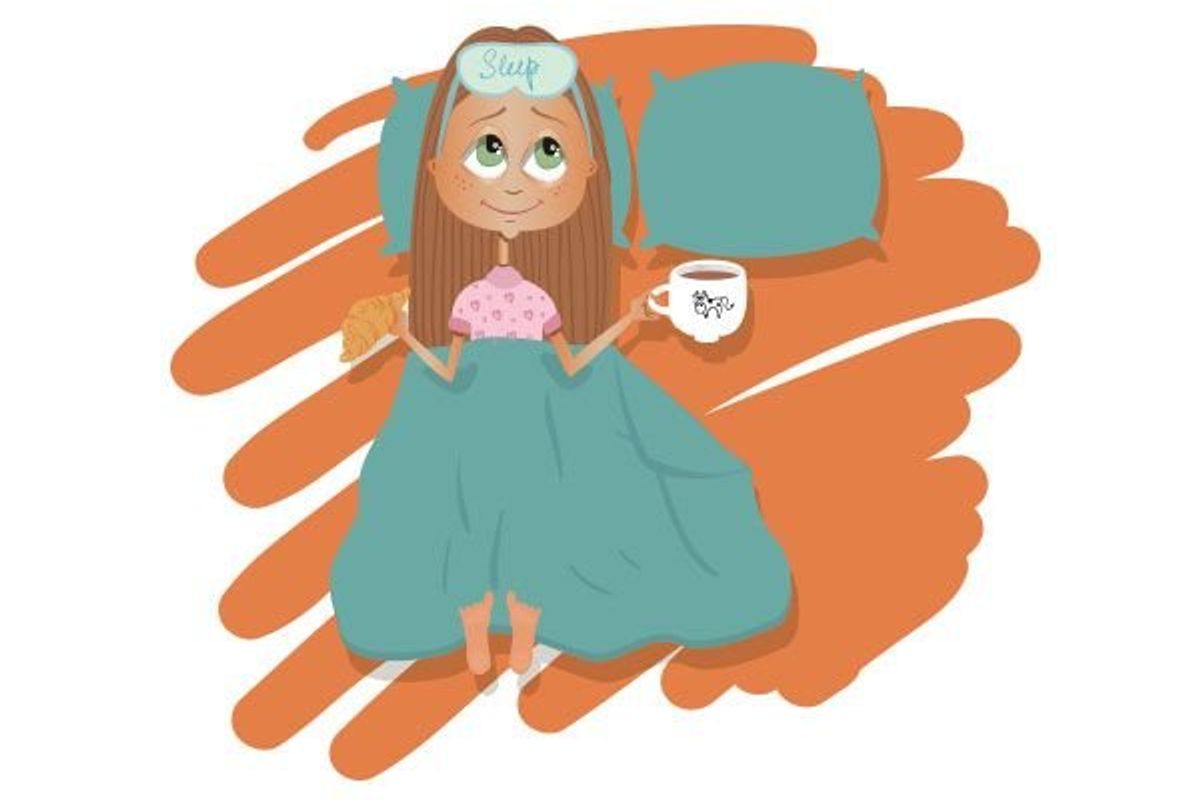

Sheryl Kraft
Sheryl Kraft, a freelance writer and breast cancer survivor, was born in Long Beach, New York. She currently lives in Connecticut with her husband Alan and dog Chloe, where her nest is empty of her two sons Jonathan. Sheryl writes articles and essays on breast cancer and contributes to a variety of publications and websites where she writes on general health and wellness issues. She earned her MFA in writing from Sarah Lawrence College in 2005.
Full BioLearn about our editorial policies
Medically Reviewed
Trouble sleeping? Yeah, I thought so. Chances are that you're not getting enough sleep, having trouble nodding off, struggling with nighttime wakings or some combination.
The Centers for Disease Control (CDC) calls insufficient sleep a public health epidemic. Lack of sleep, it says, is linked to motor vehicle accidents, industrial disasters and medical and other occupational errors. Sleep deprivation causes the brain to slow down, leading to confusion, and can even increase chances of engaging in risky behaviors.
Those facts spurred the Better Sleep Council to survey a sample of U.S. adults. Its findings? Although Americans know that they're sleep deprived, they're not doing much to change it.
And in another survey, it found that six in 10 Americans crave sleep more than sex—with some even admitting to falling asleep during sex! Other places and situations where people find themselves in the embarrassing situation of nodding off: work, schools, cars (as a passenger and a driver), movie theaters, bars and parties.
While there are many things you can do—keeping your bedroom cool or getting plenty of exercise (but not too close to bedtime), for instance—there are also many foods you can eat that can help your slumber.
- Tart cherry juice. This juice is rich in melatonin, a natural hormone your body makes, that contributes to making you sleepy (it's activated by your body's pineal gland, which is inactive during the day and begins producing melatonin around 9 p.m.). In a study, adults with insomnia who drank eight ounces of the juice twice a day for two weeks enjoyed an average of 84 more minutes of sleep each evening.
- Kiwi. A Chinese study found that eating two kiwis an hour before bedtime increased sleep by 13 percent and decreased waking mid-sleep by 29 percent after four weeks.
- Seaweed. In a University of Oxford study, researchers found that this vegetable, high in omega-3 DHA, helped children get an extra full hour of sleep.
- Fish. Most fish boosts vitamin B6, which helps aid melatonin production. Especially valuable are salmon, tuna and halibut.
- Complex carbohydrates. Foods like whole-grain breads, cereals, pasta, crackers and brown rice help boost serotonin levels in your brain, which has a calming effect. Steer clear of simple carbs, though—these will reduce it.
- Lean proteins. Proteins like low-fat cheese and lean chicken and turkey are high in the amino acid tryptophan, which gives serotonin levels a boost and can help bring on the yawns.
- Beverages. In addition to tart cherry juice (see above), warm milk (yes, mom was right) and herbal teas like chamomile and peppermint can aid in settling you down for the night.
Sleep on this (more reading):
Is Menopause Playing Havoc With Your Sleep?
Survey: Americans Crave Sleep More Than Sex
Sleep Disorders
From Your Site Articles
Related Articles Around the Web
You might be interested in





